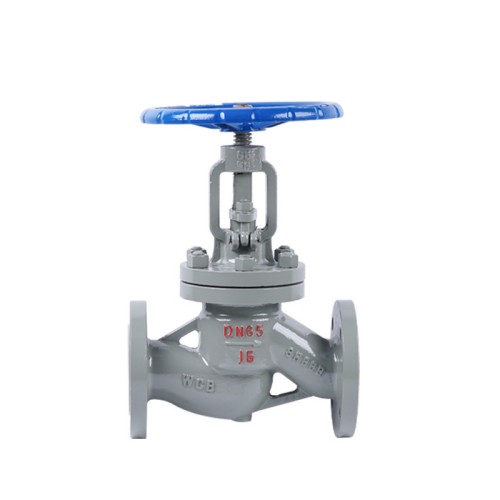forging flange
The Forging Flange An Overview of Its Importance and Applications
In the world of manufacturing and engineering, flanges play a crucial role in connecting various components of piping systems. Among the different methods of producing flanges, forging has emerged as a preferred technique due to its inherent advantages, such as enhanced strength, durability, and resistance to fatigue. In this article, we will explore what forging flanges are, the forging process, their applications, and the benefits they provide in industrial settings.
What is a Forged Flange?
A forged flange is a type of flange that is made through the forging process, where metal is shaped by applying pressure, heat, or both to create a desired form. Unlike flanges produced through casting or machining, forged flanges typically exhibit superior mechanical properties. This is because the forging process aligns the metal's grain structure, which significantly enhances the flange's strength and performance under high-stress conditions.
The Forging Process
The forging process can be categorized into several techniques, including open-die forging, closed-die forging, and extrusion. In open-die forging, a metal billet is placed between two flat dies and shaped by compressive forces. Closed-die forging, on the other hand, utilizes complex die shapes that form the metal into intricate designs.
This process involves several steps. Initially, the metal is heated to its plastic deformation temperature, making it pliable. It is then deformed under pressure, either through hammering or pressing, to create a rough shape. The forged piece is subsequently cooled and may undergo heat treatment and finishing processes to achieve the final dimensions and surface quality.
Applications of Forged Flanges
forging flange

Forged flanges find applications across various industries, including oil and gas, petrochemical, power generation, and shipbuilding. These industries often operate under extreme conditions, where the reliability and strength of the materials used are paramount.
1. Oil and Gas In the oil and gas sector, forged flanges are essential for creating leak-tight connections in pipelines that transport fluids. The demanding nature of these environments requires flanges to withstand high pressures and corrosive substances.
2. Power Generation In power plants, forged flanges are utilized in steam systems and boilers, where high-temperature and high-pressure conditions are prevalent. Their robustness ensures the safe and efficient operation of critical equipment.
3. Marine Applications In shipbuilding, forged flanges are used in various assemblies, including hull structures and machinery systems. They provide the necessary strength and durability needed to endure harsh marine environments.
Benefits of Forged Flanges
One of the primary advantages of forged flanges is their exceptional strength-to-weight ratio, enabling them to handle extreme mechanical stresses without failure. Additionally, they exhibit better resistance to fatigue and impact, making them ideal for dynamic applications. The forging process also leads to fewer defects and a higher consistency in quality, which is essential for reliable operations.
Moreover, forged flanges can be manufactured from a wide range of materials, including carbon steel, stainless steel, and specially alloyed metals, allowing them to be tailored to specific applications and environments.
In conclusion, forging flanges represent a vital component in modern engineering and manufacturing. Their strength, durability, and reliability make them indispensable in critical industry applications, ensuring safe and efficient operations in some of the most challenging environments. As technology continues to evolve, it is likely that the forging process will see further advancements, leading to even greater innovations in flange design and applications.
-
3-types-of-check-valves-maintenance-tipsNewsAug.23,2025
-
ball-valves-types-with-trunnion-mounted-designNewsAug.23,2025
-
butterfly-valve-company-production-capabilitiesNewsAug.23,2025
-
fisher-globe-valve-technical-specificationsNewsAug.23,2025
-
types-of-gaskets-for-flanges-selection-guideNewsAug.23,2025
-
wedge-gate-valve-suppliers-quality-standardsNewsAug.23,2025
-
Breakthrough in Domestic Low Temperature Valve Technology in ChinaNewsAug.18,2025




